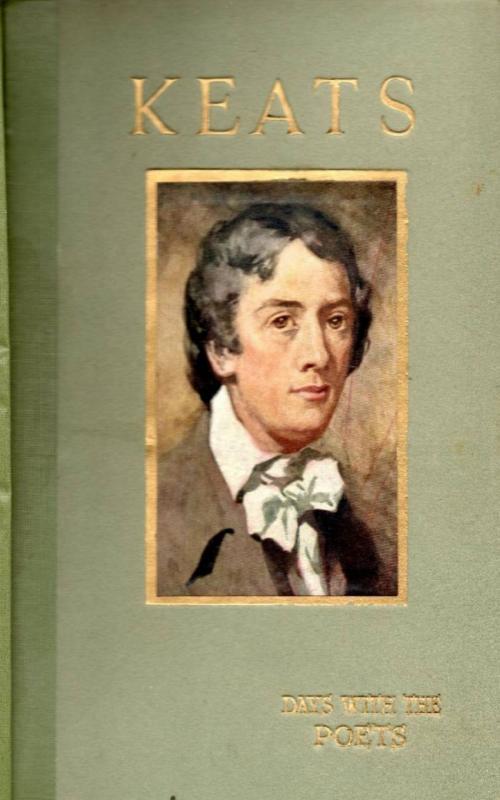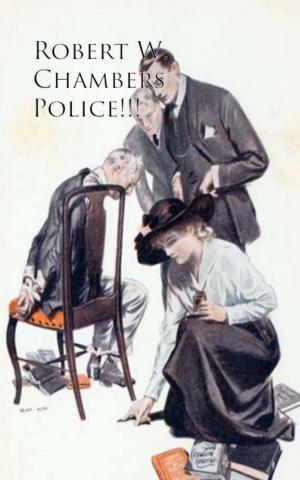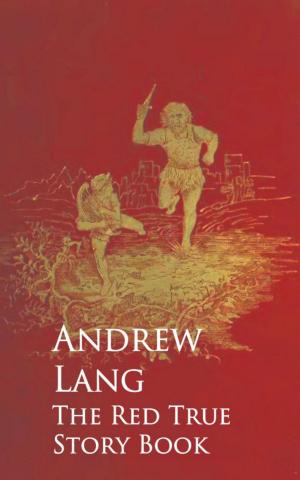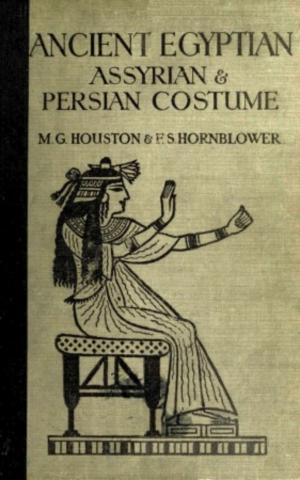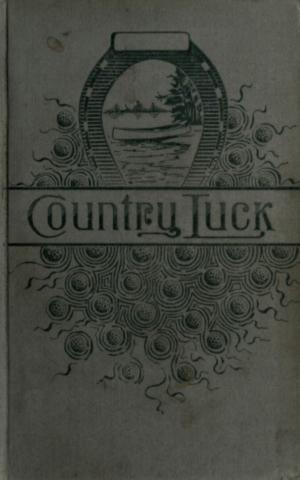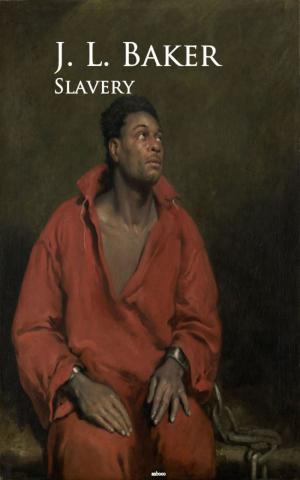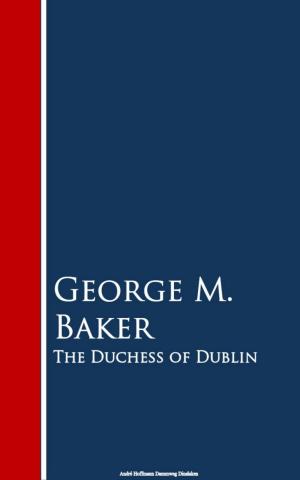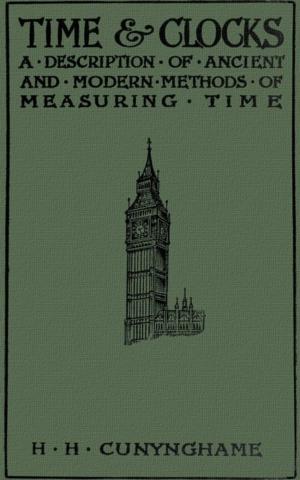| Author: | May Clarissa Gillington Byron | ISBN: | 9783736411210 |
| Publisher: | anboco | Publication: | August 30, 2016 |
| Imprint: | Language: | English |
| Author: | May Clarissa Gillington Byron |
| ISBN: | 9783736411210 |
| Publisher: | anboco |
| Publication: | August 30, 2016 |
| Imprint: | |
| Language: | English |
Yet John Keats is in some respects out of keeping with the magnificent phraseology of which he is the mouthpiece. "Little Keats," as his fellow medical students termed him, is a small, undersized man, not over five feet high—the shoulders too broad, the legs too spare—"death in his hand," as Coleridge said, the slack moist hand of the incipient consumptive. The only "thing of beauty" about him is his face. "It is a face," to quote his friend Leigh Hunt, "in which energy and sensibility" (i.e., sensitiveness) "are remarkably mixed up—an eager power, wrecked and made impatient by ill-health. Every feature at once strongly cut and delicately alive." There is that femininity in the cast of his features, which Coleridge classed as an attribute of true genius. His beautiful brown hair falls loosely over those eyes, large, dark, glowing, which appeal to all observers by their mystical illumination of rapture—eyes which seem as though they had been dwelling on some glorious sight—which have, as Haydon said, "an inward look perfectly divine, like a Delphian priestess who saw visions."
Yet John Keats is in some respects out of keeping with the magnificent phraseology of which he is the mouthpiece. "Little Keats," as his fellow medical students termed him, is a small, undersized man, not over five feet high—the shoulders too broad, the legs too spare—"death in his hand," as Coleridge said, the slack moist hand of the incipient consumptive. The only "thing of beauty" about him is his face. "It is a face," to quote his friend Leigh Hunt, "in which energy and sensibility" (i.e., sensitiveness) "are remarkably mixed up—an eager power, wrecked and made impatient by ill-health. Every feature at once strongly cut and delicately alive." There is that femininity in the cast of his features, which Coleridge classed as an attribute of true genius. His beautiful brown hair falls loosely over those eyes, large, dark, glowing, which appeal to all observers by their mystical illumination of rapture—eyes which seem as though they had been dwelling on some glorious sight—which have, as Haydon said, "an inward look perfectly divine, like a Delphian priestess who saw visions."
